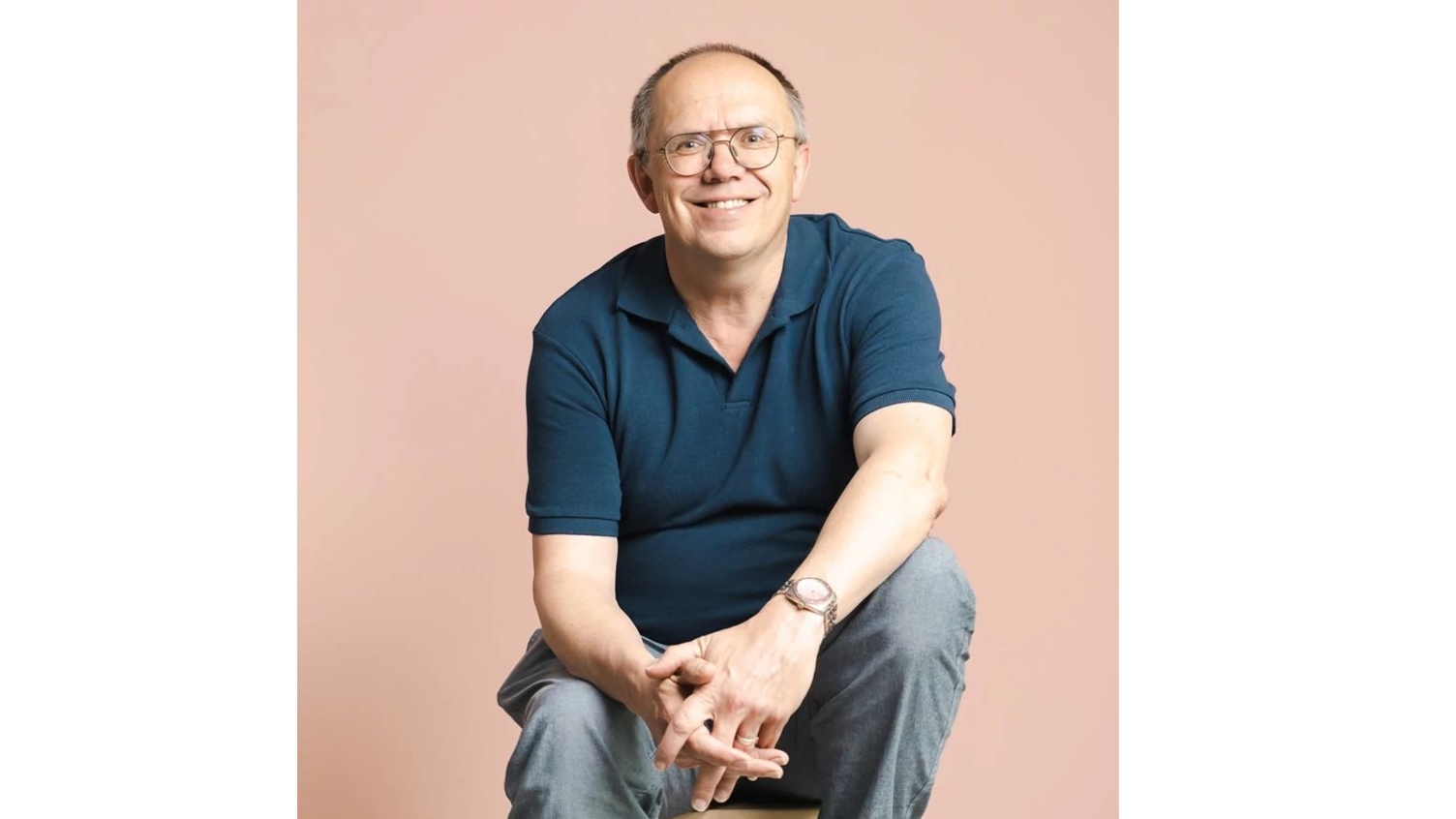Turning PSP outputs into research questions - discussing the Complex Fractures priorities
- 11 August 2022
- 3 min read
The Complex Fractures PSP was established in 2019 and was a collaboration with AOUK & Ireland and the Orthopaedic Trauma Society. It published its Top 10 list of priorities in June 2021.
Obviously, the team leading the PSP is keen to ensure that research happens around the agreed priorities as soon as possible. As with many PSPs, the Top 10 includes broad areas of priority that need to be translated into more precisely defined questions for research.
In July 2022, the team put together a workshop to look more closely at the top priorities and ask patients and clinicians to help turn those broad areas into specific research questions. They also invited representatives from the National Institute for Health and Care Research (NIHR), one of the research funders which could possibly fund some of the research in future. Twenty-four people took part in the workshop.
In advance of the workshop, participants were asked to think about turning the PSP priorities into PICO formatted questions (questions which state what the Population, Intervention, Comparator and Outcome is, for research purposes) and to submit their suggested PICOs beforehand. They were also sent a video to let them know what to expect on the day
Chris Bretherton, Trauma and Orthopaedics Registrar at Oxford University Hospitals Trust, and the Information Specialist for the PSP, welcomed everyone on the day. He described the purpose of the workshop, which was to consider which of the priorities might be appropriate for consideration by NIHR for its commissioned research workstreams, as well as to agree a clear definition of what we mean by Complex Fractures. He also provided an overview of the UK funding landscape, with particular emphasis on the NIHR commissioned and researcher-led application pathways.
Chris also gave a summary of the Complex Fractures PSP, noting that JLA PSPs are a very powerful way of ensuring that a diverse set of opinions are heard, but that the agreed research priorities are broad. This meeting was an opportunity to drill down into those agreed priorities and turn them into tangible research questions.
Participants were split into small groups, facilitated by a member of the PSP project team, to discuss the PICOs that had been submitted.
The priorities were considered in terms of importance and feasibility and whether there were any “easy wins”, acknowledging of course that all the priorities were by definition important.
Each small group fed back to everyone on two or three of their top PICOs and the workshop discussed which of those were ready to go to funders and which needed more work.
Beccy Maeso from the JLA Coordinating team attended and commented:
“This is challenging work and needed people there who had a good understanding of research. At times it could have been difficult for people without that knowledge to be involved in the discussion, but the team did a great job of including everyone. There were discussions about using real world data that is already collected, as part of new research, which would seem a useful strategy. It was very helpful to have representatives from NIHR commissioning teams there, who were able to give a good overview of the sort of research questions that NIHR is looking for and had a good knowledge of the existing NIHR portfolio. It was interesting to hear the discussions around the feasibility of some of the research, e.g., the difficulties of setting up a trial if clinicians see only one or two patients a month with a particular condition. I’m looking forward to seeing what happens next.”
The workshop determined the key areas of unmet need, and which precise research studies should be undertaken to address the priorities established during the PSP. The team is now working to summarise the evidence and gain consensus around each PICO. They will produce a one-page summary sheet suitable for dissemination to relevant societies and funders, via the Royal College of Surgeons Surgical Trials Initiative.
With thanks to Beccy and Chris for updating us about this.


